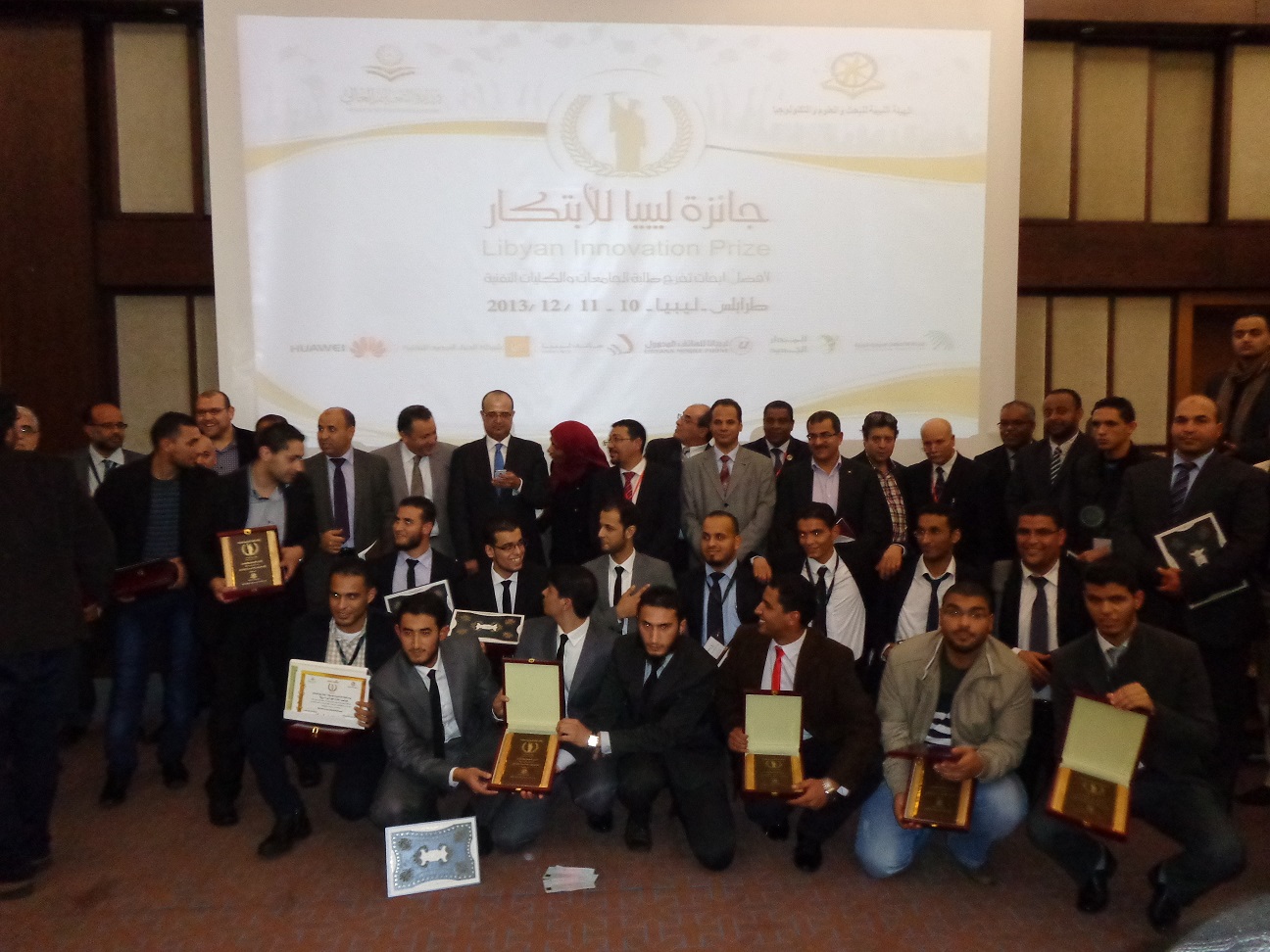By Tazeez Hasairi.
Tripoli, 13 December 2013:
This week has seen the adjournment of the trial of Saif Al-Islam in Zintan where he . . .[restrict]faces charges of seeking to escape from custody and endangering national security. It has also seen a further delay in the Tripoli corruption trial of Qaddafi’s last prime minister, Al-Baghdadi Al-Mahmoudi and fellow accused, Al-Mabrouk Zamhoul and Amer Tirfas. They will face the court again on 8 January.
Saif was due to appear in Zintan tomorrow but in a five minute hearing today, the court announced that his case had been postponed until February.
The main case against Saif , as well as former security chief Abdullah Senussi along with 35 other top officials of the Qaddafi regime, which is being mounted in Tripoli, is also pending. The defendants are charged with a range of offences from corruption to war crimes and crimes against humanity.
The Zintani court said that Saif’s trial had been adjourned because not all of his fellow accused were present. The court mentioned Melinda Taylor, the Australian lawyer appointed by the International Criminal Court as his defence counsel, who was arrested and detained in June 2012 during a Zintan visit to her client. She was accused to seeking to pass him secret messages.Taylor and three ICC colleagues were released after 26 days.
Zintan has consistently refused to hand over Saif to the government for trial with other top regime officials. Official assertions that Saif would be brought to Tripoli for the first day of the main trial on 18 September this year, proved to be inaccurate.
The added complication is that the International Criminal Court has ruled that Libya’s investigation into the crimes alleged against Senussi has been sufficient rigorous to allow the international court to drop its demand that Qaddafi’s former security chief be handed over to it. The ICC has said that Senussi will be tried properly
However the ICC’s order that Saif Al-Islam be sent to the Hague for trial still stands and is being appealed by Libya. Saif had long protested that he could not expect a fair trial in Libya. However, on 5 November, in a strange one minute broadcast interview, Saif indicated that he was content to be tried in Libya.
[/restrict]








